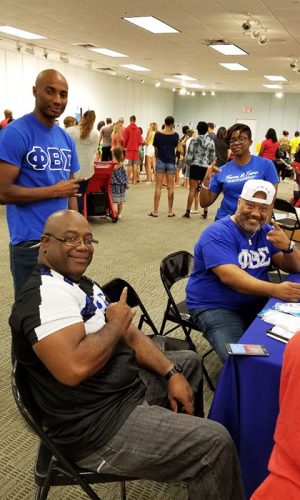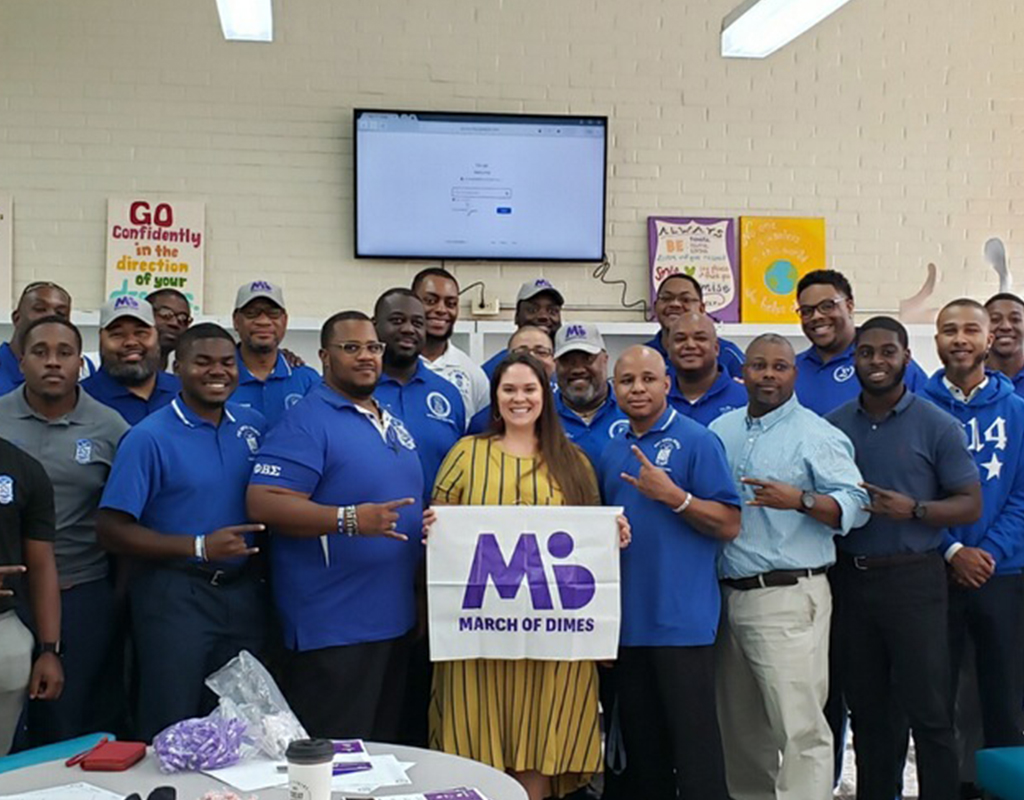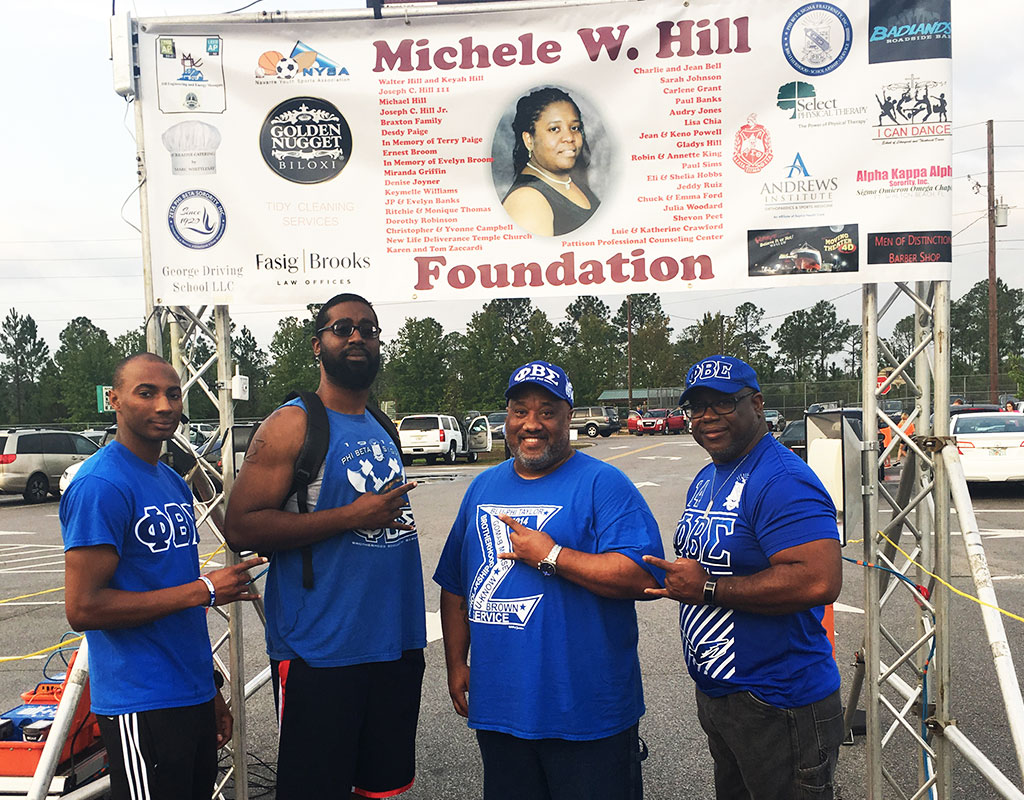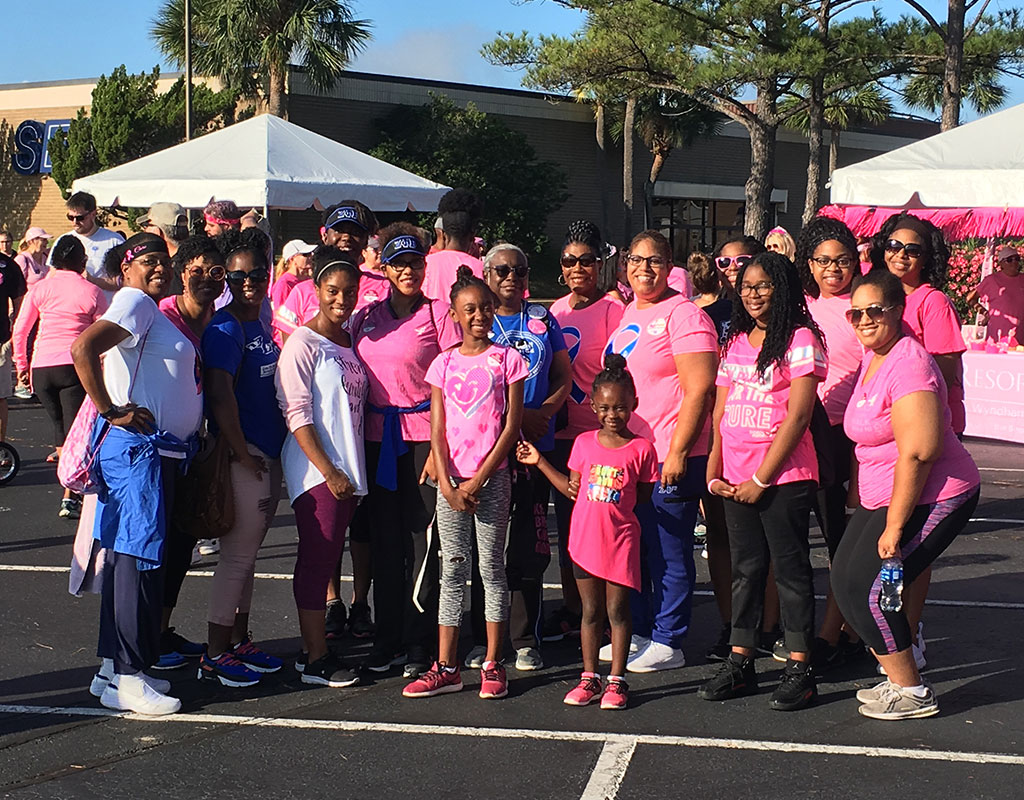
Social Action

Social Action
During the 20th anniversary of Sigma, the Committee on Public Policy urged that the fraternity come forth with a broadly-based program that would be addressed to the problems of the great masses of the Negro people. This new departure, in large measure, grew out of the experiences of the New York group. These men from Manhattan brought with them a new idea, Social Action.
Phi Beta Sigma has from its very beginning concerned itself with improving the general well-being of minority groups. In 1934, a well-defined program of Social Action was formulated and put into action. Bro. Elmo M. Anderson, then president of Epsilon Sigma Chapter (New York) formulated this program calling for the reconstruction of social order. It was a tremendous success. It fit in with the social thinking of the American public in those New Deal years.
In the winter of 1934 Brother Elmo Anderson, James W. Johnson, Emmett May and Bob Jiggets came down to the Conclave in Washington, DC and presented their Social Action proposition, and just the birth of Social Action as a National Program.
In addition, Bro. Anderson is known in Sigma as “The Father of Social Action”.

Sigmas March Of Dime Drive

Sigmas Supporting Michele Hill 5k Run

Sigmas Supporting Food Drive

Sigmas Supporting Food Drive

Sigmas Adopting A Highway Program

Sigmas & Zeta’s Making Strides Against Breast Cancer


SIGMA BETA CLUB
The Sigma Beta Club offers our membership a unique opportunity to develop values, leadership skills and social/cultural awareness in our youth during their developmental years. Sigma Beta Club programs are geared to meet the needs of its member, but at the same time provide them with a well-rounded out look that is needed to cope with today’s society…

BIGGER BETTER BUSINESS
Phi Beta Sigma Fraternity, Inc., believes that the improvement and economic conditions of minorities is a major fact in the improvement of the general welfare of society. It is upon this conviction that the Bigger and Better Business Program rests. Since 1926, the Bigger and Better Business Program has been sponsored on a national scale by Phi Beta Sigma as a way of supporting, fostering, and promoting minority owned businesses and services.

EDUCATION
The founders of Phi Beta Sigma Fraternity, Inc. were all educators in their own right. The genesis of the Education Program lies in the traditional emphasis that the Fraternity places on Education. During the 1945 Conclave in St. Louis, Missouri, the fraternity underwent a constitution restructuring after World War II. This lead to the birth of Education as a National Program.
